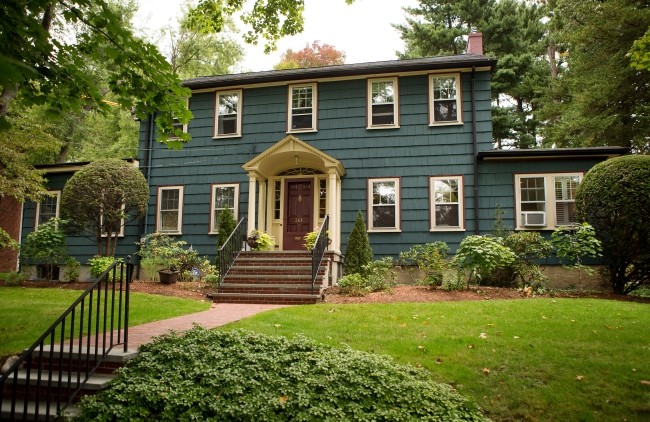Boston, Massachusetts has some of the deepest and most interesting history in the United States of America. This goes all the way back to pre-revolutionary war times, when Massachusetts was still a colony of the British Empire.
Boston was founded all the way back in 1630 by a man named John Winthrop. Winthrop led 700 English Puritans, who were leaving England to avoid persecution for their beliefs, to the shores of Massachusetts in a fleet of 11 ships.

While the establishment of Boston by the Puritans is where the phrase “a shining city on a hill” was born, the early reality was quite different. While the Puritans fled religious persecution in England, they in turn persecuted the Quakers in Boston, including public hangings in 1650 and 1660.
Despite these problems, the settlement of Boston grew and thrived. Boston, Massachusetts was the home of the first ever ship built in America, in 1631. A few years later, in 1635, was the opening of the first public school, the Boston Latin School.
The following year saw the founding of a college. Three years later, in 1639, the name of the college was changed to Harvard, named after a major benefactor.
Boston became a town of 4,000 by 1676 when the first coffee house opened for business.
1690 saw another first for the American colonies, when the first American newspaper was published.
Despite multiple smallpox outbreaks in the early 1700’s Boston was 13,000 strong by 1730.
Later on in the 18th century, the history of Boston began to change from an important part of British colonial history to an important part of the birth of an entirely new nation, the United States of America.
One of the most famous events in Boston’s history, and America’s too, occurred on March 5th, 1770. Different accounts of this event exist and what exactly happened between British soldiers and local colonists may never be fully known. However, the result of the incident would forever change history.
Some say the colonists were taunting the soldiers and throwing snowballs at them when one threw a stick that hit and knocked down British soldier Hugh Montgomery, who then fired his weapon into the crowd of colonists. Soon other soldiers fired as well.
This confrontation between British soldiers and local colonists ended in the death of five colonists, with six more being wounded. Eight British soldiers were put on trial. Six were acquitted by two were found to be guilty of manslaughter. This incident would forever be known as the Boston Massacre.
Despite two soldiers being found guilty and held accountable for their crimes, the tension between the British army and the locals continued to grow.
Three ships, full of tea from the British East India Company, docked in Boston Harbor in late 1773. On December 16th, 1773, colonists dressed in Indian garb boarded the ships and three all the tea into the harbor. This became know forevermore as the Boston Tea Party.
In 1775, after the Battle of Lexington, American colonists surrounded British soldiers in Boston. Eventually the Americans were forced to retreat but the British still withdrew from Boston in 1776, the year American declared its independence from the British crown.
By 1820 Boston had a population of over 43,000 people. The oldest public library in America, the Boston Public Library, opened in 1852, followed by MIT in 1861 and Boston College in 1863.
Boston has continued to grow over the centuries and will forever be intertwined with the history of the colonies, as well as the founding and growth of the United States of America.
